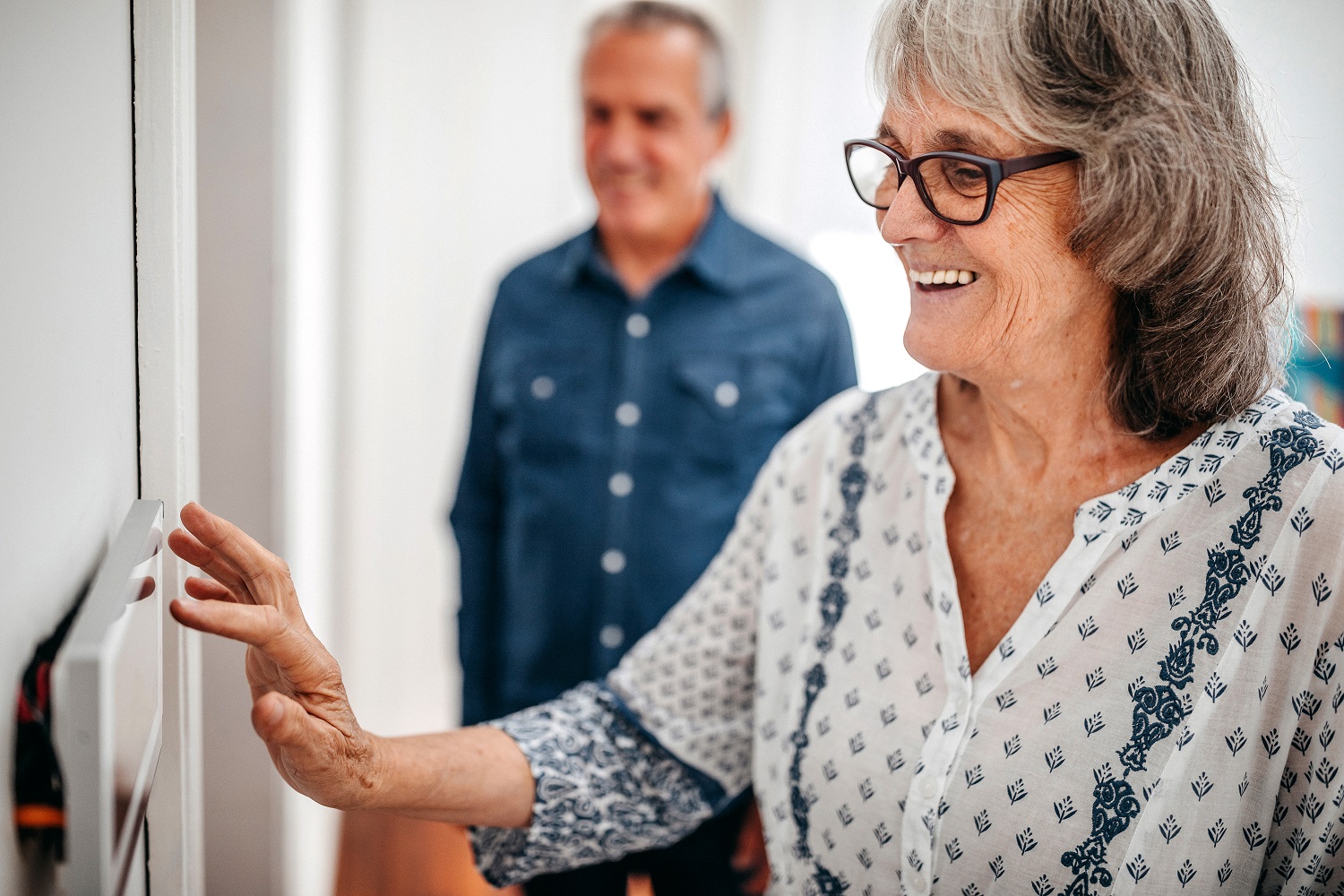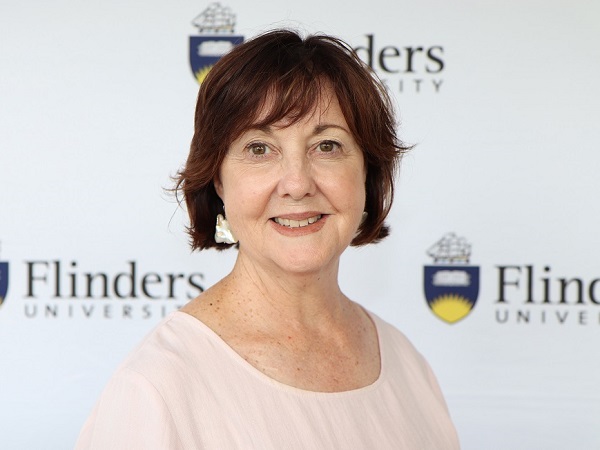
Smart home technologies such as voice-activated sensors, monitors and tablets to enhance the wellbeing and independence of seniors are becoming commonplace in the home.
However, research conducted by ACH Group and the Caring Futures Institute at Flinders University has found that a lack of confidence and digital literacy among users are common barriers to engaging with devices on an everyday basis.
The collaborative My Smart Home study, funded by the Commonwealth Home Support Programme, has found that training and support in using assisted living technologies are the keys to their success.
Professor Sue Gordon from the Caring Futures Institute who has a co-funded role with ACH Group says that technology coaching is essential to support older people to increase their skills, knowledge and confidence in the use of new technologies.
“The project had a broader impact than just providing people with access to technology,” she says.
“After the project residents felt more confident integrating both new and their previously owned technologies into their day-to-day lives.”
The My Smart Home project involved 30 older people living in the community receiving an individually tailored smart home technology and coaching package up to the value of $4000.
This included the device installation and six hours of technology support and coaching provided by an ACH Group occupational therapist.
The technologies included smart lighting, a self-emptying vacuum cleaner, iPad, voice activated virtual assistants such as the ‘Amazon Alexa’, doorbell alert videos, and item trackers to keep an eye on keys, phones, or wallets.
Fall alert pendants and smart watches were also a popular option for identifying when the wearer had fallen over and needed help.

The research found technologies that provided alarms, reminders and video communications caused the greatest improvements in user confidence and safety.
Fiona Telford-Sharp, the ACH Group project lead, says most of the people in the study owned quite a few safety/security/communication devices in their home already.
“However, we found they didn’t use them at all, or to their full potential, because they lacked confidence and digital literacy,” she says.
“With this in mind, the occupational therapists recommended off-the-shelf equipment which integrated with participants’ and their families’ existing devices in a bid to increase their use.
“For example, one participant received a Facebook portal, which integrated with his smart TV. This portal meant his family could communicate with him easily through their Facebook accounts. He now uses his TV and the portal to stay in touch with his family daily.”
With Australia’s ageing population on the rise, increasing numbers of older people are wanting to live in their own homes for longer.
However, independent living at home can bring increased fear of falls and social isolation – two things Professor Gordon says can be addressed with assistive technology and the right training and support in using the devices.
“Fear of falls in the home and social isolation are two noted barriers to people living independently that can be addressed with assistive technology to provide safety, security and social connectiveness in the home,” she says.
“Technology coaching is essential to support older people to increase their skills, knowledge and confidence in the use of new technologies.”
Following the success of the My Smart Home project, ACH Group has integrated smart technology into its regular service offerings.
Occupational therapists are available to assist older people living in the community to work out what smart devices might meet their needs, and coaching support is available to learn to use the technology.
Watch the video below to see how Helen and Peter benefited from ACH Group’s Smart Technology service.

